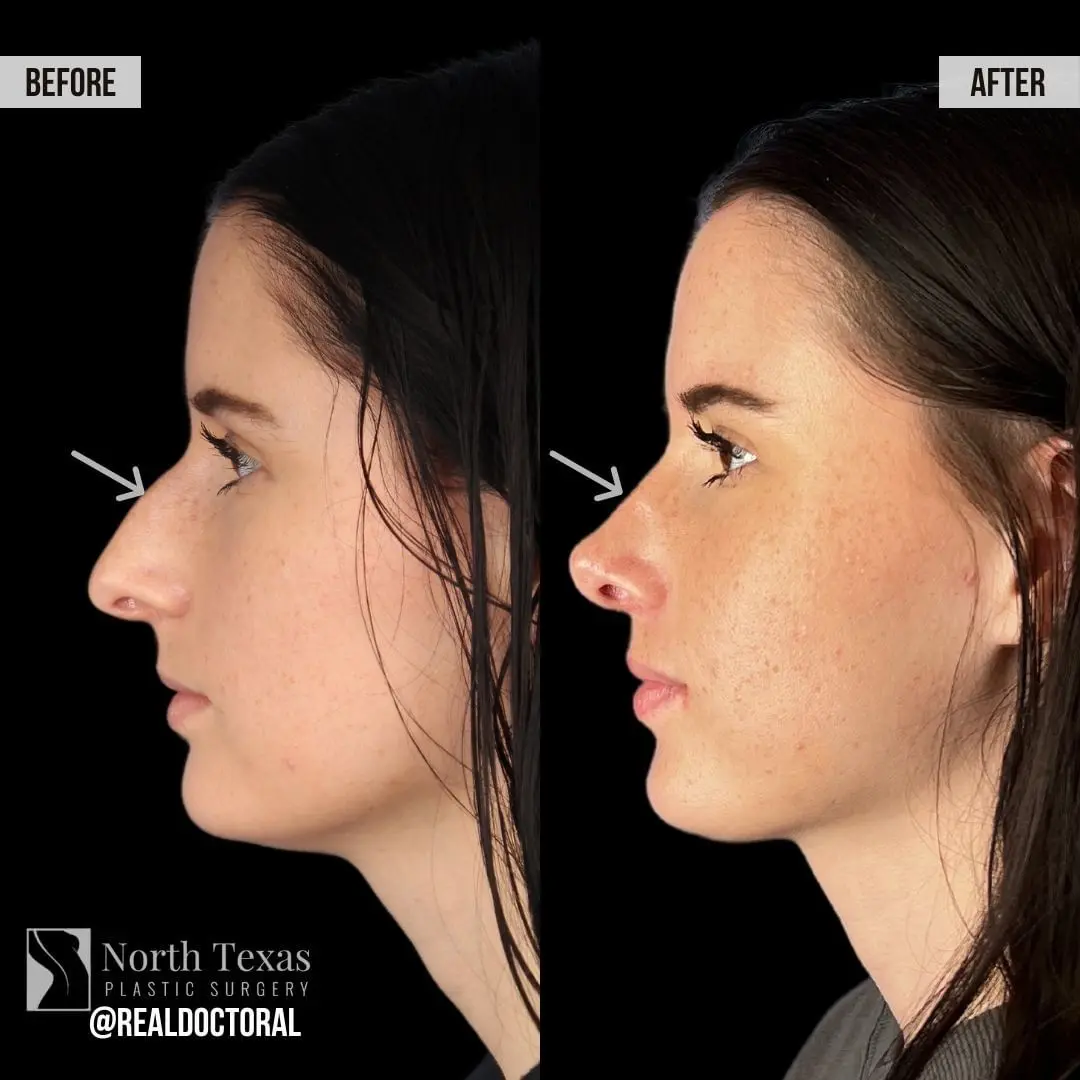Making fresh fruit and vegetable juices at home has become a popular and delicious way of getting essential vitamins and minerals. But how healthy is juicing, really? And if you choose to do it, is there one way that’s better than another?
Why Is Everybody Juicing?
The first recorded evidence of juicing goes back much further than you might think. In fact, the Dead Sea Scrolls mention pounding pomegranates and figs to make a “mash” that promotes “profound strength and subtle form.” Over recorded human history, many cultures have used pastes and juices made from various plants as health tonics and topical remedies. Juicing came into focus in the twentieth century as technology started to make it possible to extract juices efficiently from fruits and vegetables. One of the early popular juicing machines was the Norwalk juicer, invented by Dr. Norman Walker in the 1930s. In the 1970s, celebrity fitness enthusiasts like Jack Lalanne started to make juicing a mainstream practice. More recently, juicing got a big popularity boost in part due to the 2010 film Fat, Sick & Nearly Dead. The film was made by Joe Cross and follows his journey from being overweight and sick to improving his health and losing weight with a two-month juice fast. Juicing is more popular than ever thanks to this and other high-profile success stories, not to mention the many celebrities who advocate juicing. But what’s the truth about the health benefits of juicing?
Are There Health Benefits of Juicing?
Many people—doctors, nutritionists, and otherwise—claim that there are certain health benefits to drinking fresh juices. For example, some say that fresh juices are easier to digest, help you lose weight, boost the immune system, and fight cancer. Fads such as juice cleanses are highly popular, even though there’s no evidence that “cleansing” or “detoxing” is beneficial. According to The Mayo Clinic, juicing is no healthier than eating whole veggies and fruits. The Mayo Clinic points out that there’s no evidence that getting nutrients in juice form is any better for you. Drinking juice in place of all fruits and vegetables means that you miss out on the fiber they contain. Even so, there are some real benefits to drinking fresh juices.
1. Increasing Your Nutrient Intake
It’s not always easy to get the nutrients you need every day, and studies show that less than half of Americans eat the recommended servings of fruits and vegetables. If you’re one of those people, fresh juice can be a quick and convenient way of getting the essential vitamins and minerals you’re missing.
2. Improving the Taste
Many people just don’t enjoy certain fresh fruits and vegetables. For instance, veggies such as asparagus, spinach, and broccoli may taste very bitter to you. If you avoid vegetables because you don’t like them, you’re missing out on some very rich sources of nutrients. If you juice or blend those veggies and disguise the bitterness with some sweet pineapple or mango juice, you can enjoy something tasty and nutritious.
3. When Fiber Isn’t Healthy
Another important point is that for some people, consuming lots of fiber can lead to unpleasant symptoms, such as severe gas, bloating, and cramping. This is typically true of people with some kinds of digestive conditions, such as irritable bowel syndrome. For these people, eating lots of high-fiber fruits and veggies can cause all kinds of unpleasant digestive symptoms. Replacing some of your daily fruits and vegetables with juice can reduce the amount of fiber you consume while still giving you essential nutrients.
Try One of These Popular Juicers
There are two basic kinds of juicers:
- Centrifugal juicer – This is the most common kind of juicer. It works by shredding fruits and vegetables and then spinning the pulp ultra-fast. This spinning action separates the juice from the pulp. Centrifugal juicers are typically affordable, but they tend to be very loud.
- Masticating juicer – This works by crushing fruits and vegetables and pressing the pulp against a strainer or filter to separate out the juice. These machines run more slowly, so juicing takes longer, but they usually extract more juice.
1. The Norwalk Juicer
Invented by Dr. Norman Walker in the 1930s, the Norwalk Juicer is one of the most effective juicers available. It’s a masticating juicer that combines a cutter-grinder blade with a strong hydraulic press for extracting juice from the pulp. Comparative studies show that the Norwalk extracts more juice and nutrients than machines it’s tested against. New models of the juicer can also make baby foods and nut butters, grind coffee, and mill flours and cereals. The downside is the cost: This juicer is $2,500.
2. Jack Lalanne’s Power Juicer™
This centrifugal juicer was developed in the 1970s by legendary fitness guru Jack Lalanne, whose dedication to his own personal fitness allowed him to live to the ripe old age of 96. The Power Juicer has a powerful motor but doesn’t make too much noise, it’s easy to use, and it’s dishwasher-safe, so clean-up is as easy as it gets. It’s affordable, too, at around $100.
3. Breville Juice Fountain
One of the most popular and well-reviewed centrifugal juicers on the market, the Juice Fountain is fast and powerful. And, at around $150, it’s one of the most affordable quality juicers. The Juice Fountain has a dual-speed system that allows it to effectively juice hard foods like beets and apples, almost as easily as softer foods such as melons and spinach. It’s also fast and easy to clean, so it’s a great option for busy people who need to juice and go.
4. Omega® Nutrition Center Juicer
At $295 the Omega masticating juicer is much more affordable than the Norwalk but still manages to pack in some good features. It has a high juice yield, and in addition to juicing, it can make nut butters and baby food, grind coffee and grains, and even extrude pasta. If you’re often on the go or find yourself missing out on some of the fruit and veggie servings you should be getting, juicing could be a great supplement to your lifestyle, helping you maintain your fitness and health—and it’s delicious as well!

 December 30, 2016
December 30, 2016





















